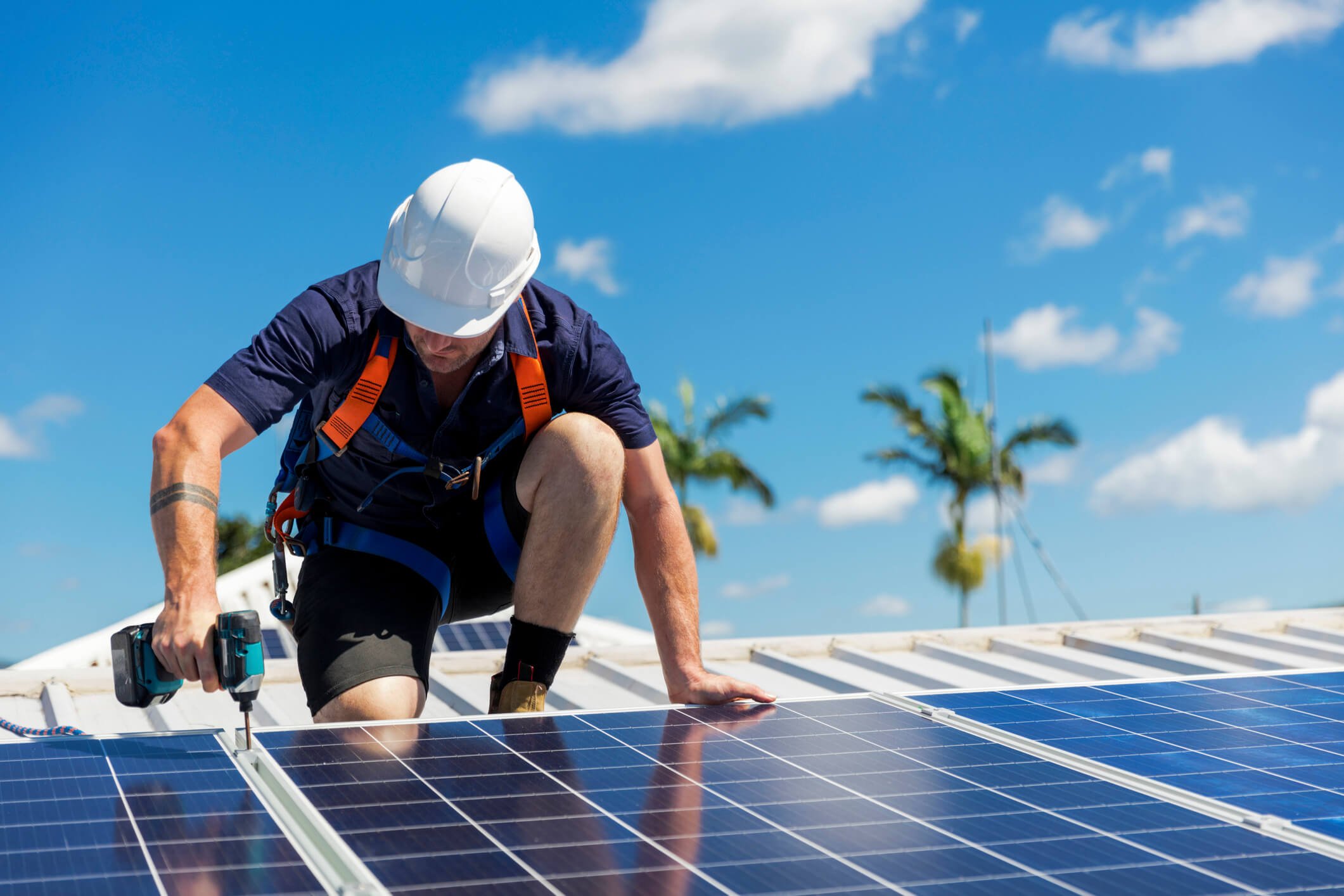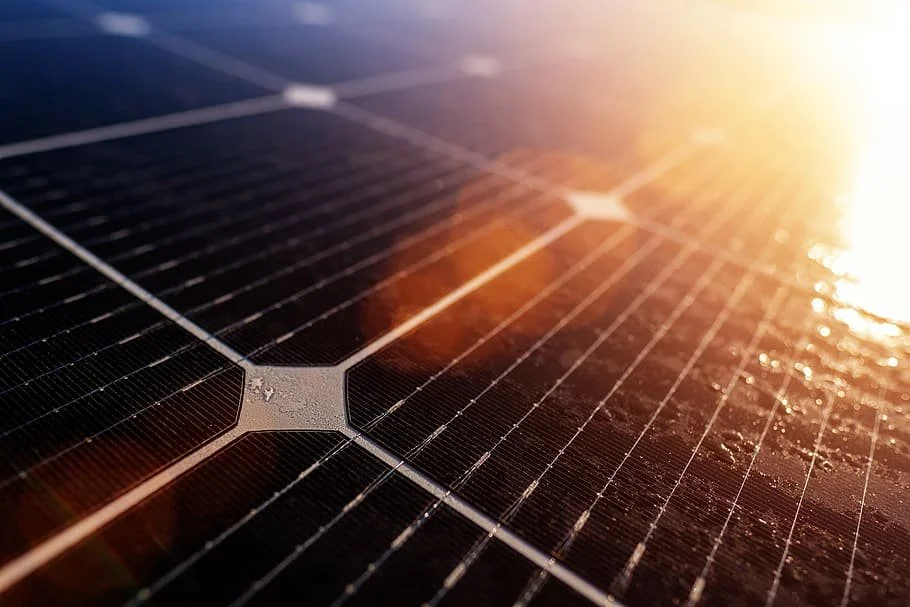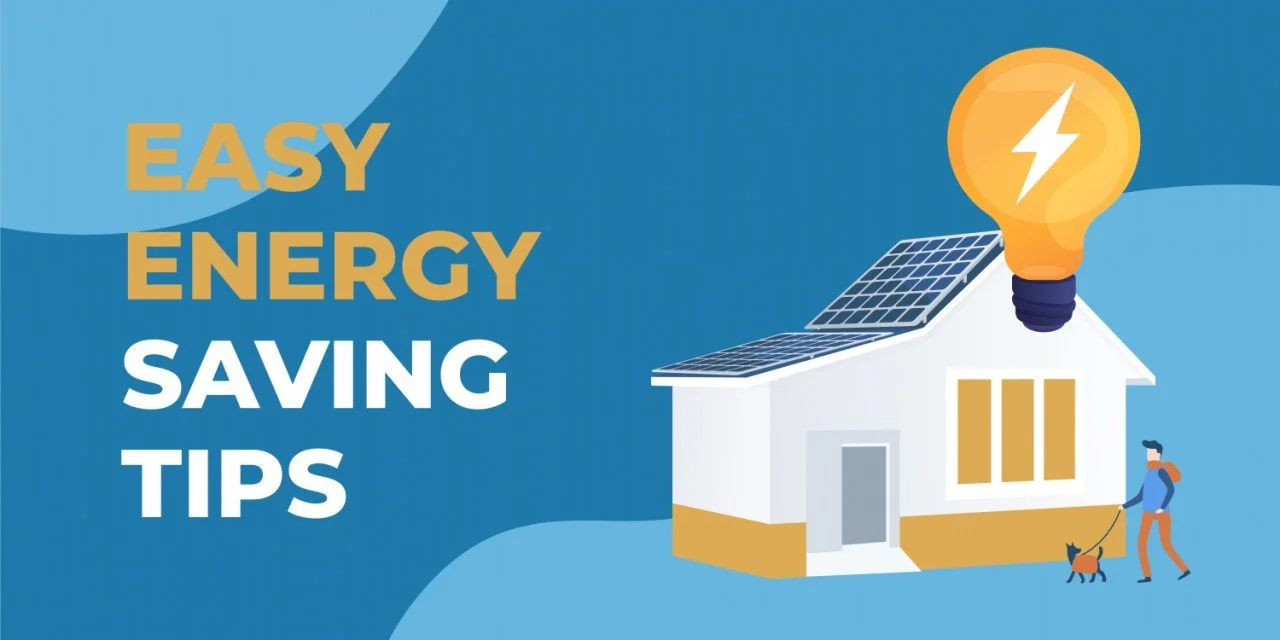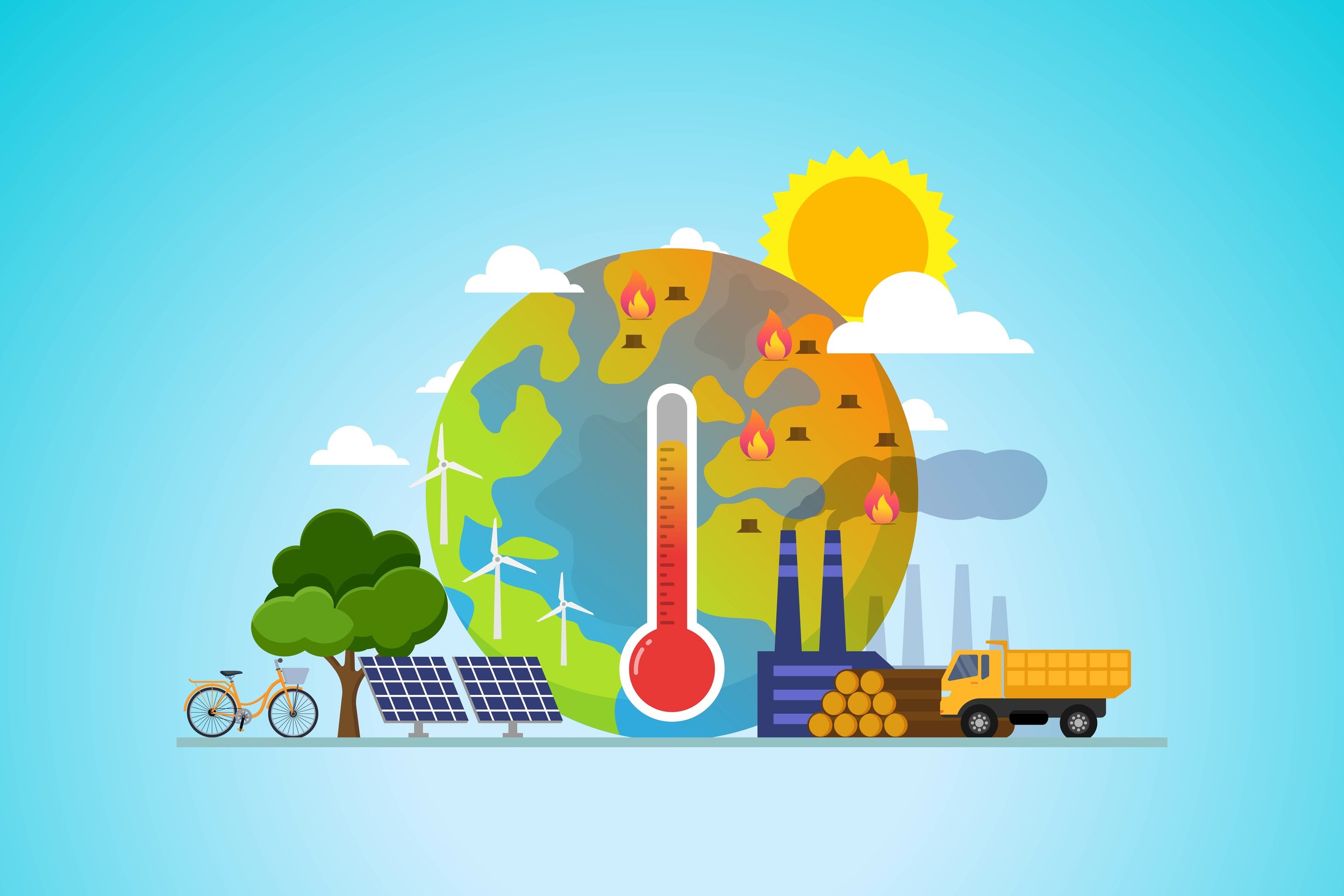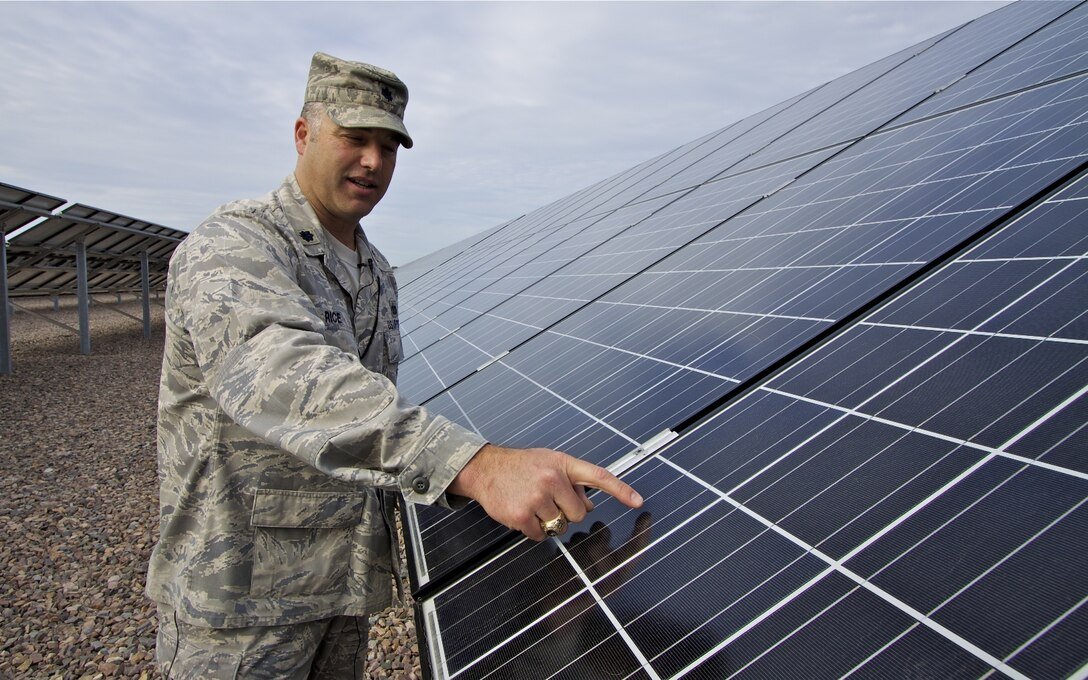Introduction
As energy costs continue to rise and concerns about climate change grow, more homeowners are looking for sustainable solutions to power their homes. Solar energy offers a reliable, cost-effective way to reduce your carbon footprint and gain control over your energy expenses. In this blog, we'll explore the benefits of going solar and how it can help future-proof your home against rising utility costs.
The Rising Cost of Energy
Utility rates have been steadily increasing over the years due to factors like aging infrastructure, fuel price volatility, and rising demand. These rate hikes can significantly impact household budgets, especially during extreme weather conditions when energy use is high. By installing solar panels, you can protect yourself from these increases and stabilize your energy costs for years to come.
Why Go Solar?
1. Long-Term Savings
Solar panels allow you to generate your own electricity, which can drastically reduce or even eliminate your monthly energy bills. Over time, these savings can more than offset the initial investment in solar installation. Additionally, solar energy systems have a lifespan of 25 years or more, providing long-term savings and value.
2. Increase Property Value
Homes equipped with solar panels often have higher property values and sell faster than those without. As more buyers look for energy-efficient homes, installing solar can make your property more attractive in the market.
3. Environmental Benefits
Switching to solar power reduces your reliance on fossil fuels and decreases greenhouse gas emissions. By going solar, you're contributing to a cleaner environment and helping to combat climate change.
4. Take Advantage of Incentives
There are numerous federal, state, and local incentives available for homeowners who install solar panels. These incentives can significantly reduce the upfront cost of going solar, making it more affordable than ever.
How to Get Started with Solar
How to Get Started with Solar
Assess Your Home’s Solar Potential
Evaluate your roof’s orientation, shading, and condition to determine if it’s suitable for solar panels.
Choose a Reputable Solar Installer
Work with a certified solar installer to ensure quality installation and maximize your system's efficiency.
Explore Financing Options
Look into solar loans, leases, and power purchase agreements (PPAs) to find a financing option that fits your budget.
Conclusion
Going solar is a smart investment that can save you money, increase your home’s value, and help protect the environment. By taking advantage of the available incentives and choosing the right solar installer, you can enjoy the benefits of clean, renewable energy for decades. Don't wait—start your solar journey today and take control of your energy future.


































